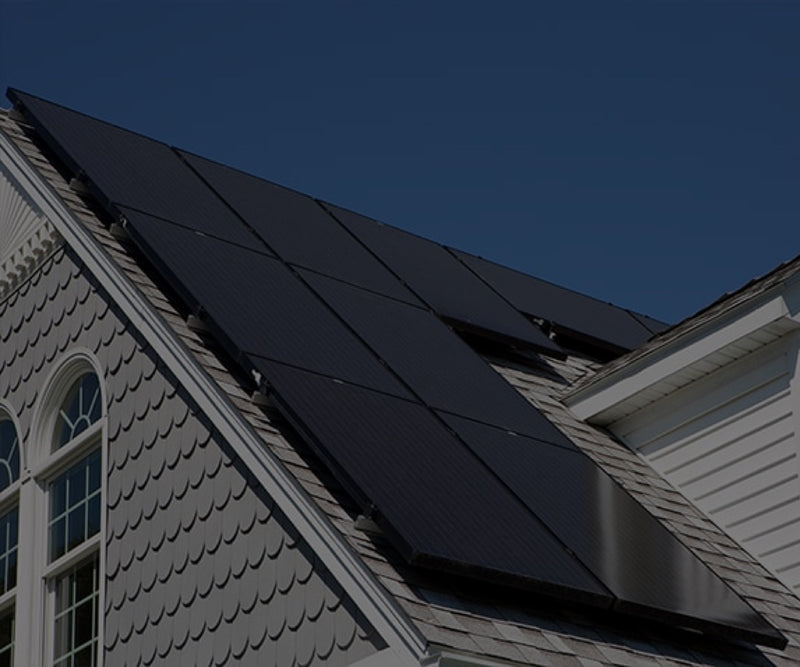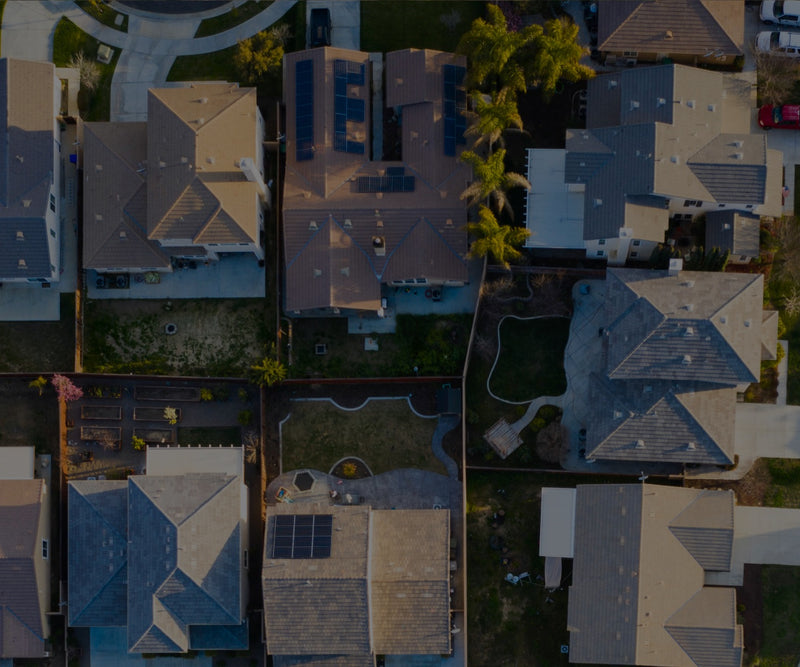Solar Buy vs Lease
Solar Lease vs Buy: A Comparison to Help You Choose Right
While solar is the future of energy, the initial installations come at a hefty price. This makes potential users explore different financing options before they decide to go solar. Most often, the dilemma is between leasing vs buying solar panels.
Both options have advantages and disadvantages. But ultimately, the decision whether to buy or lease solar panels comes down to your current housing situation along with your financial power.
So, let’s make a comparison between leasing vs buying solar panels so you can choose wisely.
Leasing Vs Buying Solar Panels
In short, buying makes the most sense for long-term savings. And leasing solar is the best choice when you want to cut your monthly utility bills and join the fight for a cleaner and greener planet. But let’s take a closer look at the nuances.
Cash Purchase
Looking long-term, buying your solar panel system outright is the most cost-effective way to go solar. As the owner of the solar system, there are three key financial benefits to it:
- You’re eligible for the solar tax credit — a government tax incentive that can knock up to 30% off your total project costs.
- Buying your solar with cash offers the quickest payback period and the highest return on investment compared to other payment options.
- Your property value can increase by 3 to 4%.
However, buying your solar system with cash comes with a major downside. The upfront cost of solar is fairly steep. Home solar systems range anywhere between $5,000 and $30,000 or more if you opt to add batteries. And not everyone has that kind of capital to spend upfront. But if you do, it’s like paying for 25 years of power bills in advance to receive a significant discount on your electricity costs.
Solar Leases
Leasing, on the other hand, makes sense when you don’t have that much cash to invest upfront. Usually, the solar provider installs solar panels on your property at no upfront cost, then bills you monthly. A solar lease term typically lasts for 20 to 25 years, which is around the same as the lifespan of solar panels.
There are two types of leasing options: traditional and Power Purchase Agreements (PPAs).
Traditional leasing is much like car leasing. Although the solar power system is installed on your property, you don’t own it – your solar provider does. Each month you’re paying a flat fee for using the equipment. And in return, you get to use the generated solar power. Leasing solar cuts your electricity bill by 15 to 30%.
Under PPAs, instead of renting the equipment, you’re paying per kWh of used solar energy. So essentially, all you’re doing is moving from a public to a private utility provider for a slightly reduced rate.
The biggest advantage of leasing solar is that you don’t have to worry about maintenance. It’s the solar provider’s responsibility to maintain the system and fix any issues, unless stated otherwise in the lease.
But leasing has its drawbacks, too. If you decide to sell your property, you’ll need to find a homebuyer who is willing to inherit the terms of your solar lease. That can make it much harder to find an interested buyer. On top of that, you can’t include the value of solar panels in your home’s listing price.

Other Solar Financing Options
Since not everyone has cash at hand, and solar leases are the least profitable and least flexible way to go solar, we recommend loans if you must finance your solar project.
Solar Loans
If a cash purchase is not possible, going solar is still very much attainable (and profitable) with a low-interest solar loan. You can secure a personal loan from a bank, credit union or specialized solar lender like Lightstream to finance your project.
The biggest advantage of financing your project with a solar loan is that once it’s funded, you can purchase the solar with cash in hand and retain full ownership. By taking this approach, you are still eligible to claim the 30% federal solar tax credit, along with any other local credits, rebates and incentives available in your area, such as the SREC.
Read more: How to Calculate Payback Period & ROI
Solar Lease vs Buy vs Loan: Choose What’s Right for You
Still unsure whether to lease or buy solar? The experts at GoGreenSolar are always ready to provide you with the best advice based on your power needs, property type and financial situation.
Reach out today to get the answers you need to move forward with your solar project!

Solar Calculator

Which Solar Kit Do I Need?
GET STARTED WITH SOLAR
WE’LL HELP YOU FIGURE OUT YOUR SOLAR NEEDS!
Fill out the form for a complimentary solar quote that includes a custom satellite layout, system design and a breakdown of total project cost and estimated savings.
